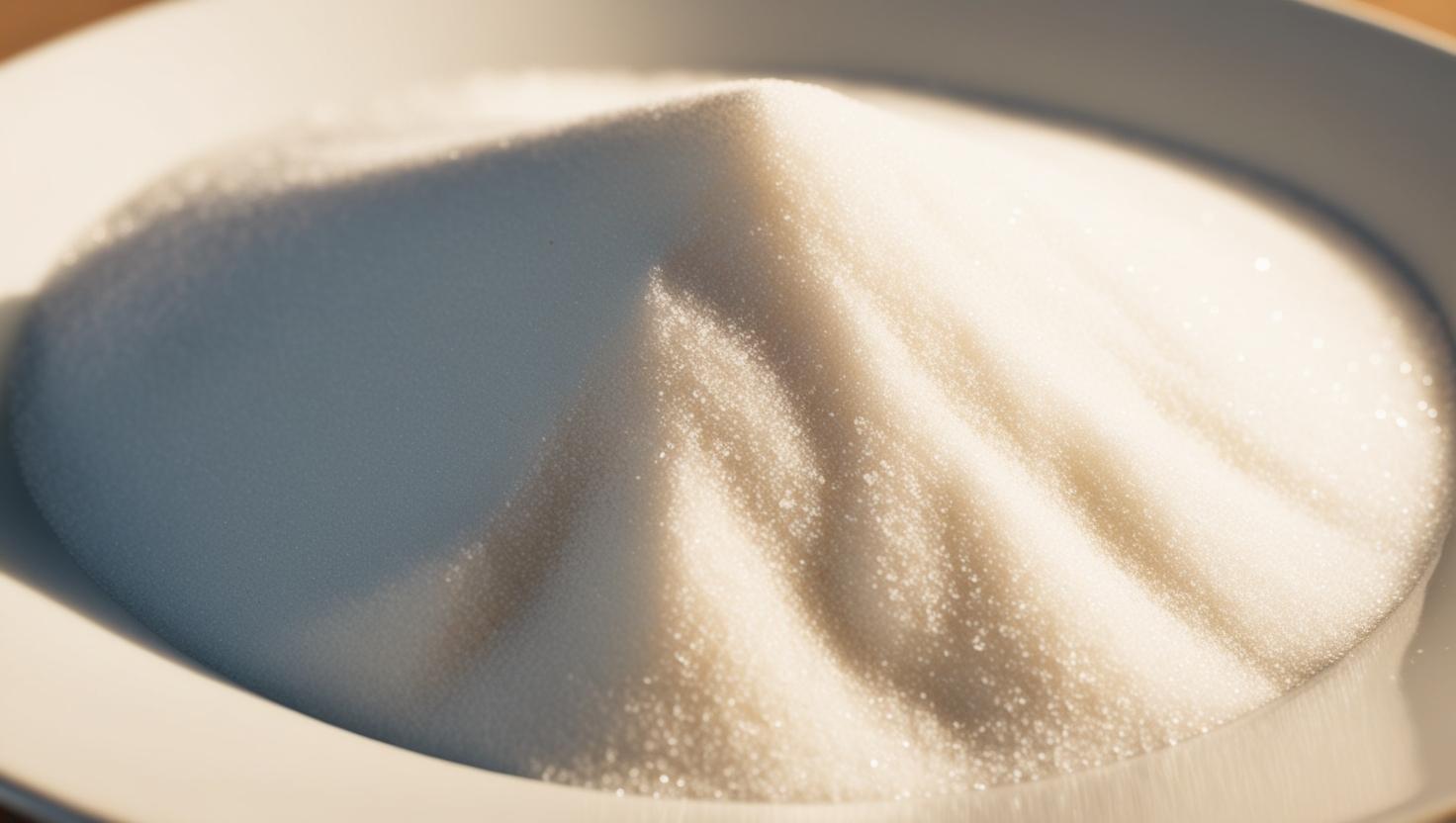
Growing up, sugar wasn’t just an occasional treat—it was deeply embedded in my family’s traditions. I vividly remember my mom’s go-to dessert: a boxed chocolate bundt cake with canned cherries mixed into the batter and generously dusted with powdered sugar. It was our staple for celebrations, comfort, and simple indulgences. As comforting as that cake was, my journey into functional nutrition opened my eyes to sugar’s deeper implications for health.
Recently, I attended a class that completely reshaped my understanding of sugar’s effects on the body. My teacher shared her deeply personal experience of supporting her husband through a devastating cancer diagnosis by drastically altering his diet—particularly by eliminating sugar. Her powerful story reinforced my passion for functional nutrition and my belief that food truly is powerful medicine. I felt personally connected to her experience, realizing just how profoundly sugar consumption can impact our health.
The chemistry behind sugar was fascinating because knowing the science helps empower better decisions. Sugar isn’t merely table sugar—it includes glucose, fructose, and galactose, each affecting our bodies uniquely. While glucose provides necessary energy, excess consumption, especially refined sugars, can trigger significant health issues.
During the class, my teacher explained several critical ways sugar negatively impacts our health, and here’s what resonated most deeply with me:
Mineral Depletion: Learning that sugar strips essential minerals like calcium and magnesium alarmed me, especially considering my commitment to physical fitness and bone strength.
Immune System Weakness: Discovering that even one teaspoon of sugar can suppress immune function for hours made me reconsider seasonal indulgences.
Blood Sugar Chaos: Understanding how sugar spikes insulin levels, causes intense cravings, and contributes to stubborn belly fat explained why maintaining steady energy throughout my busy days can be challenging.
Mood and Brain Chemistry: Realizing sugar’s addictive nature through its effects on serotonin, dopamine, and endorphins clarified my experiences with mood swings and cravings during stressful times.
Inflammation: The direct link between sugar consumption and chronic inflammation—impacting everything from heart health to mental clarity—motivated me further to reduce sugar intake.
Heart Health: Learning that sugar significantly elevates triglycerides and cholesterol corrected my previous misconception that dietary fats were my main concern.
Candida and Yeast Issues: With my deep interest in gut health, understanding how sugar feeds candida and exacerbates digestive symptoms became a key takeaway.
Dental Health: A practical but powerful reminder of how sugar disrupts oral pH balance and accelerates decay.
One particularly eye-opening part of the lesson was the biochemical link between sugar and alcohol. Both substances significantly influence blood sugar levels, insulin fluctuations, and dopamine release, creating addictive cycles. Understanding this explained why reducing my alcohol intake significantly reduced sugar cravings—a connection crucial for anyone looking to create healthier habits around drinking.
What I appreciated most about the class was that it wasn’t about deprivation—it was about practical strategies aligning with my personal philosophy:
Reading Labels: Becoming aware of hidden sugars, from obvious ones like corn syrup to subtler forms like cane juice, has changed the way I shop.
Balanced Meals: Ensuring each meal includes healthy fats, protein, and fiber to keep my energy and mood balanced throughout the day.
“Crowding Out” Sugar: Gradually introducing natural sweeteners such as dates, coconut sugar, and stevia helped me transition away from refined sugar without feeling restricted. I’ve discovered some fantastic recipes I’m excited to share!
Mindful Awareness: Tracking my eating habits and observing emotional and physical impacts helped me connect deeper with my body’s true needs.
Finding tasty low-sugar snacks has been crucial in my journey. Here are some favorites that keep my health on track without triggering cravings:
Apple slices with almond butter and cinnamon – Satisfying and full of fiber.
Chia pudding made with coconut milk and berries – Naturally sweet and filling.
Roasted nuts or seeds – Convenient protein-rich options.
Cheese with olives or cherry tomatoes – Savory, satisfying, and simple.
Dates with grass-fed butter and sea salt – A naturally sweet treat that’s incredibly satisfying and provides healthy fats.
Reflecting on what I learned inspired this post. Sharing these insights helps reinforce my own understanding and, hopefully, motivates you to reconsider sugar’s role in your life. My goal isn’t perfection—it’s about awareness, understanding, and making mindful choices that genuinely enhance our well-being.
Here’s to embracing wellness together,
Kelly | KBalanced